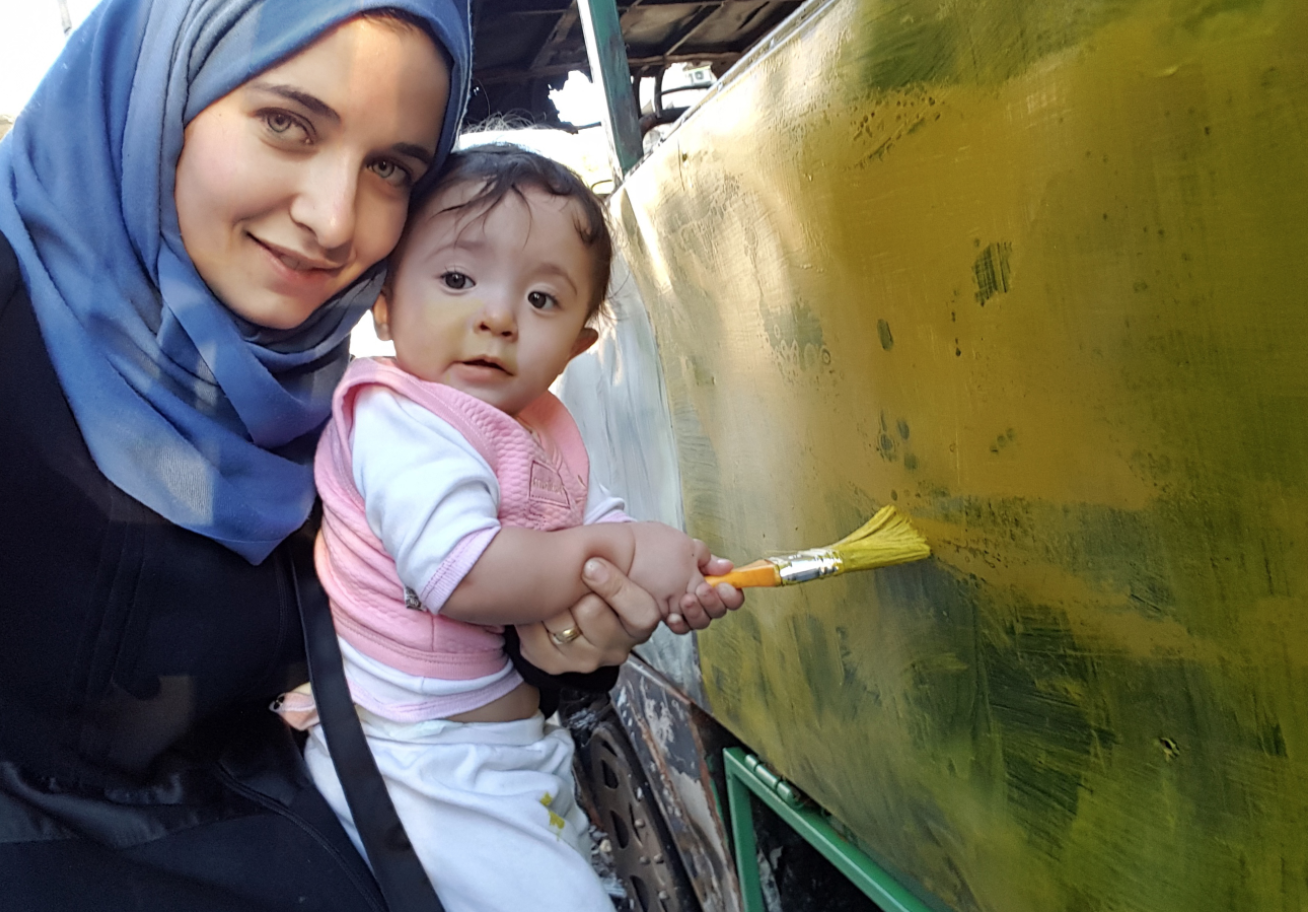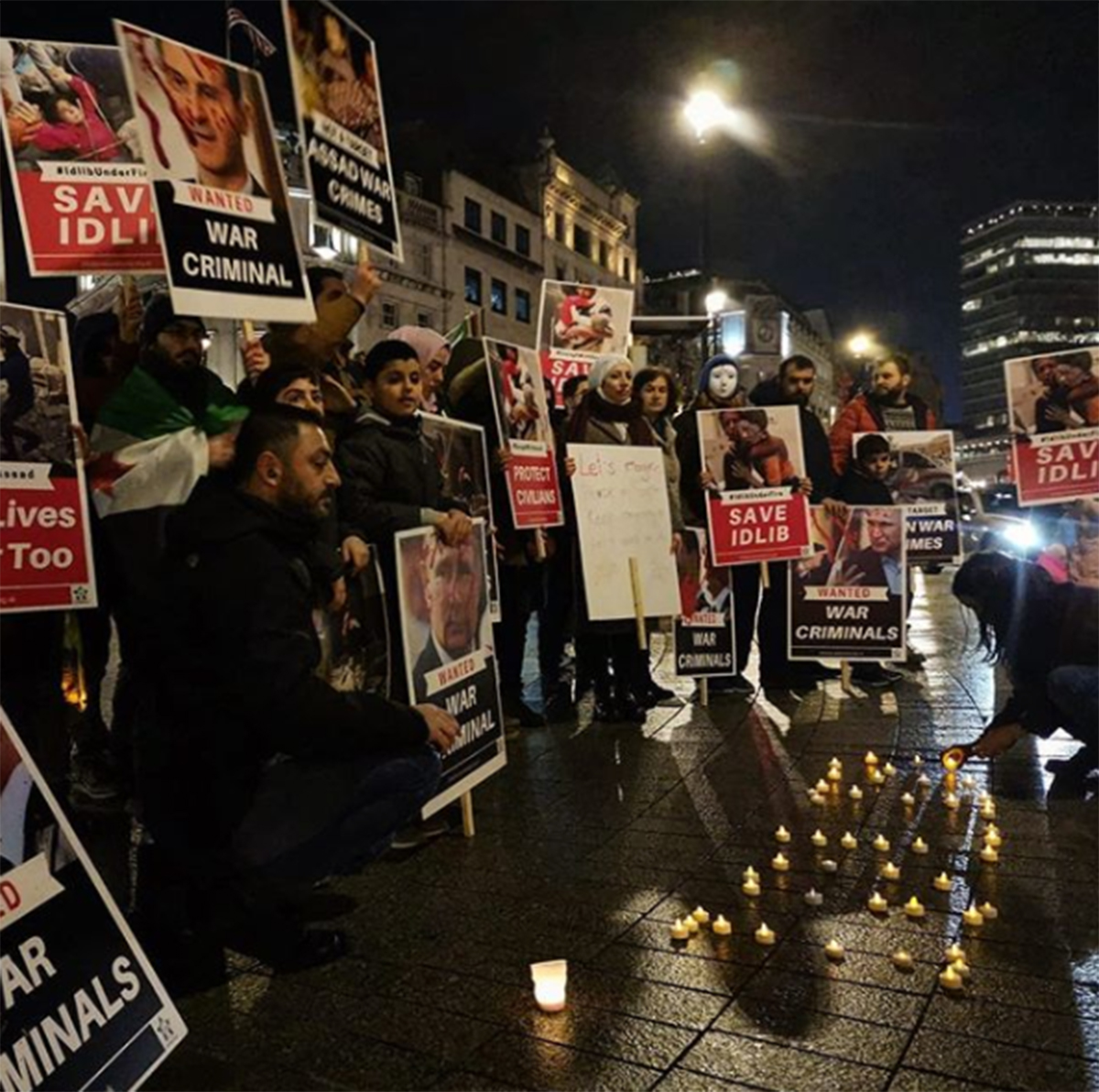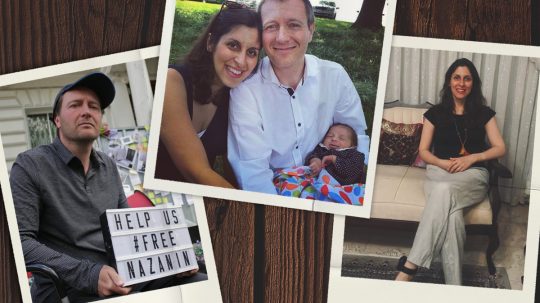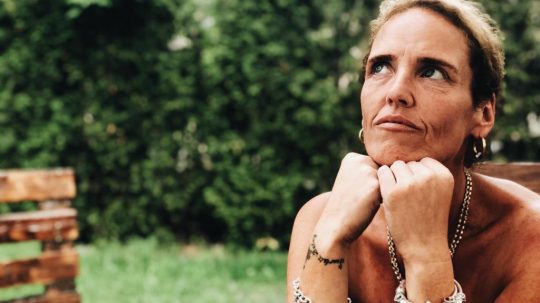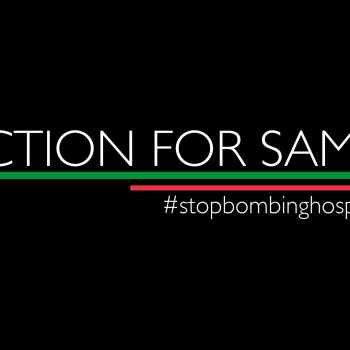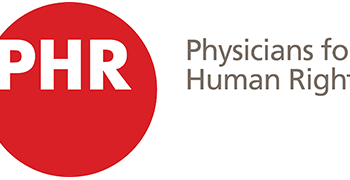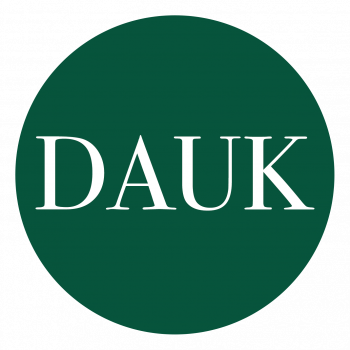When people in our country feel dignity and know exactly what freedom means … that will help us [get past] all the division between each other and be as one community.
Waad Al-Kateab
How do you begin trying to bridge the divisions in Syrian society when the war ends?
I don’t think that division will stay for a long time. I think what we are feeling and what we are living now, it’s just a fake division. The violence that the regime uses and all the propaganda means that, even if people know the truth they will not be able to tell it. They will not be able even to think right and under all that pressure.
I really believe that we are, as a people and as a community, not in division. We are really similar and we’ve experienced pain in so many like different circumstances and sides. When we have justice, we will find an amazing community with solidarity and respect.
When people in our country feel dignity and know exactly what freedom means … that will help us pass all the division between each other and be as one community.
What action do you think the UK and the international community should be taking towards Syria?
I hope for them not to think about the result of the problem and to do some good stuff but not solve the main problem. What we want them to do is not to welcome refugees, we don’t want them to resettle refugees. Me, as a refugee now in the UK, I wish I could be back in Syria any second.
We want them to take responsibility to solve the main problem. To sue the regime. To stop them carrying out the massacres that they are doing everyday. This is what we really want as Syrian people. We don’t want to be out of our country and live in another country and be safe here.
We want our country to be safe to be back to that country. So I really wish for them to stop looking around for a solution.
The main problem is the regime – Bashar Al Assad with his officers all in the palace in Damascus. Please stop looking around. Look at the main problem. Don’t look at the results and try to just make it better.
So would you say you’d like them to intervene?
They have their solution. And I’m sure they know what the best thing to do to solve this. They just don’t want to do this. They don’t want to maybe get into a big war with Russia and with like Iran and so many other countries around.
If they just make all the interference in Syria stop. If they prevent the Russian government interfering in Syria and all this militia went out of Syria, I think we would be a better position.
We all want a better future for us, for our children.
Waad Al-Kateab
While you were in Aleppo, did you work with people who you disagreed with? How did you manage that?
Yeah, absolutely, yes. As a community we don’t have the knowledge and the experience to deal with so many different people. We’ve never experienced real freedom before and how to use it in these highly pressurised circumstances.
Most of us, as activists and people who believe in freedom and dignity and the free country, we were looking at this as a place where we could work together to achieve one step towards that freedom.
I was just trying to focus on the work that we should do and that we all believe we want a better future for all of us. So let’s just forget a little bit about what we like agree or disagree now, and just focus [on the fact] that we are all against the regime. We are all against that killing.
We all want a better future for us, for our children.
When I was in Aleppo I was 21. When I went out from there, I was like 26. This age is when you change your mind like a lot and start to build your character and know which way you want to go.
In these circumstances, there’s so much agreement and disagreement about structure that our country will be after the regime falls. Some people wanted an Islamic country, we wanted a liberal country that respects everyone.
We were just trying to keep that conversation up and question ourselves all the time about the future that we are working on … and how we want to make sure that everyone in this country, whatever their religion was, whatever their like opinion was, should be respected and should be all, like, having the same rights.

